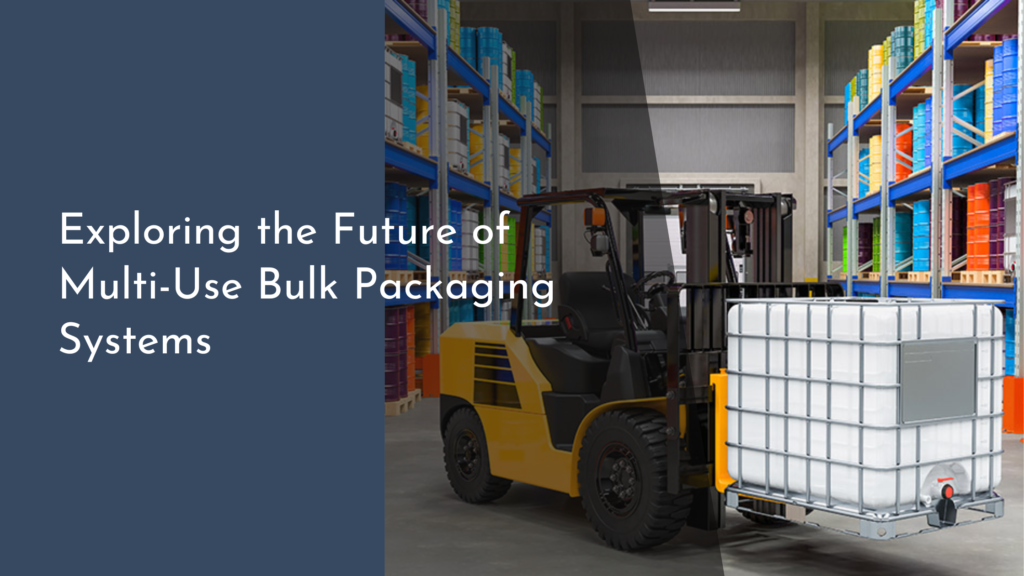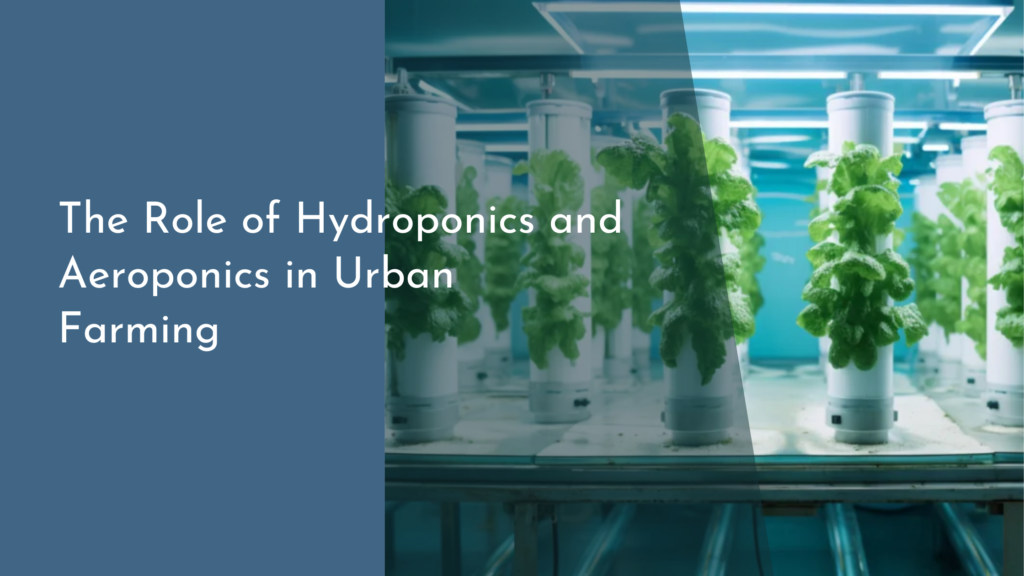Advanced Water Sensors for Rainwater Quality Testing
In an era where environmental sustainability is at the forefront of global concerns, the quality of our water resources is more crucial than ever. Advanced water sensors have emerged as game changers in the realm of rainwater quality testing, empowering communities and governments to make informed decisions about water management. These tools not only help in assessing the quality of rainwater but also play a vital role in enhancing our understanding of water ecosystems. Let’s dive into the numerous benefits of using these advanced sensors, their impact on our environment, the features that set them apart, and the exciting future they promise for rainwater management.
Discover the Benefits of Advanced Water Sensors Today!
One of the most significant advantages of advanced water sensors is their ability to provide real-time data on rainwater quality. These sensors can detect various contaminants, such as heavy metals, pathogens, and chemical pollutants, which can adversely affect both human health and the environment. By offering immediate feedback on water quality, communities can take swift action in the event of contamination, minimizing potential health risks and safeguarding local ecosystems. The ability to monitor rainwater quality continuously ensures that the water captured is safe for various uses, including irrigation and non-potable applications.
Moreover, advanced water sensors contribute to smarter urban planning and resource management. With precise data on rainwater quality, policymakers can develop better infrastructure solutions, such as green roofs and rain gardens, that effectively manage stormwater runoff while promoting biodiversity. Cities equipped with these sensors are not only more resilient to flooding but also enhance the overall quality of life for their residents. By harnessing the power of technology, communities can work towards sustainable development and enhance their climate resilience in a joyful and proactive manner.
How Rainwater Quality Testing Improves Our Environment
Rainwater harvesting has gained traction as an essential practice to supplement traditional water supplies. However, without proper quality testing, harvested rainwater can become a source of contamination rather than a solution. Advanced water sensors provide crucial insights into the quality of rainwater, enabling users to treat it correctly before use. This ensures that rainwater can be used safely for irrigation, toilet flushing, or even as a potable water source in some cases. By promoting the use of safe rainwater, we reduce our reliance on municipal water supplies, leading to a decrease in water scarcity and an improvement in local ecosystems.
In addition, the integration of advanced water sensors into rainwater management systems plays a transformative role in conservation efforts. By identifying sources of pollution, stakeholders can implement corrective measures that protect water sources and promote healthier watersheds. This proactive approach not only preserves biodiversity but also enhances the natural filtration processes that these ecosystems provide. As communities embrace rainwater quality testing, they contribute to a cleaner, more sustainable environment, fostering a harmonious relationship between urban development and nature.
Key Features of Modern Water Sensors You Should Know
Modern water sensors offer an array of innovative features designed for efficiency and ease of use. One of the standout capabilities is their connectivity with mobile devices and cloud platforms. This feature allows for seamless data sharing and analysis, enabling users to access water quality information anytime and anywhere. Advanced sensors utilize IoT technology to send alerts and notifications, ensuring that any deviations from acceptable water quality standards are promptly communicated. This real-time monitoring capability empowers users to act quickly, promoting proactive management of rainwater resources.
Another key feature of contemporary water sensors is their robustness and adaptability to various environmental conditions. These sensors are built to withstand harsh weather, ensuring consistent performance regardless of the climate. Many models also incorporate advanced filtering techniques that enhance the accuracy of measurements, providing users with reliable data on parameters like pH levels, turbidity, and dissolved oxygen. With user-friendly interfaces and easy installation processes, these modern sensors are accessible for both residential and commercial applications, democratizing rainwater quality testing for all.
The Future of Rainwater Management: Smart Solutions Await!
As we look ahead, the future of rainwater management appears bright, thanks to ongoing advancements in technology. The integration of artificial intelligence and machine learning into water sensors holds immense potential for optimizing rainwater quality testing. These smart solutions can analyze historical data and predict contamination risks based on weather patterns, allowing for even more effective water management strategies. This proactive approach will enable communities to adapt to changing environmental conditions and water demands, ensuring a sustainable water supply for generations to come.
Furthermore, the trend towards smart cities is paving the way for innovative rainwater management solutions. Advanced water sensors will be key components in creating interconnected systems that improve not only rainwater quality but also overall urban resilience. With the help of real-time data and automated responses, cities can become more efficient in their water usage, leading to significant conservation efforts. As communities increasingly embrace these smart solutions, the collective impact on environmental sustainability will undoubtedly contribute to a more vibrant and prosperous future for us all.
In conclusion, advanced water sensors are revolutionizing the way we approach rainwater quality testing, offering numerous benefits that enhance environmental sustainability and public health. By utilizing these state-of-the-art tools, communities can ensure the safe use of rainwater, leading to better resource management and improved ecosystem health. With their innovative features and promising future, these sensors are not just technological marvels; they’re essential allies in our quest for a cleaner, greener planet. Let’s embrace the joy of advanced water solutions and work together for a sustainable tomorrow!



